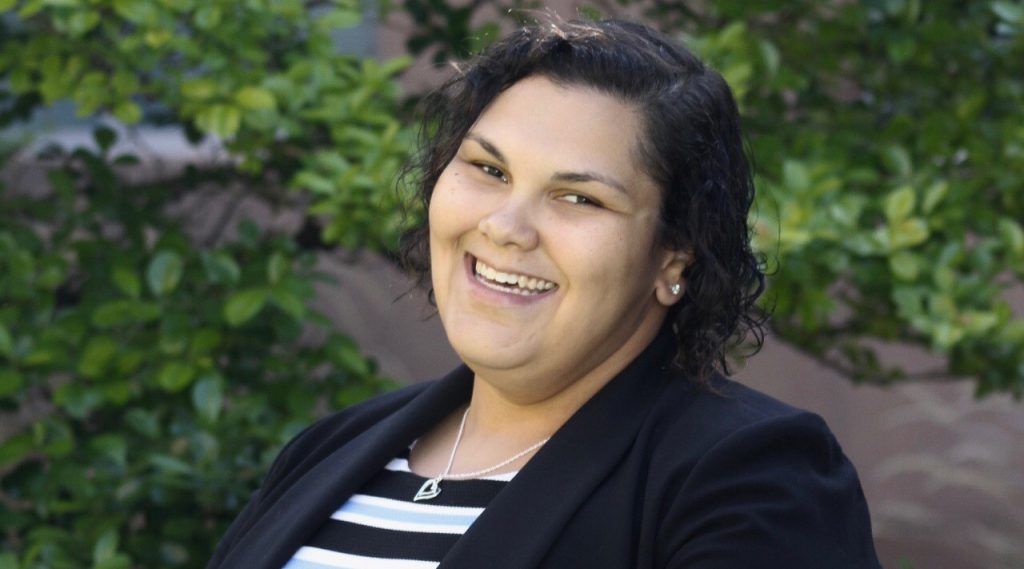Two law student associations convened a panel on April 19 to examine a case currently under consideration at the Supreme Court that raises issues concerning the lives and families of native Americans and their sovereign rights.
Titled Brackeen v. Haaland: The Indian Child Welfare Act, Tribal Sovereignty, and Family Law,” the event featured three virtual speakers with expertise on the intersections of Native American law, constitutional law, and child welfare: Professor Neoshia Roemer of the University of Idaho School of Law, Professor Stacey Lara of the University of Washington School of Law, and Professor Wenona Singel of Michigan State University School of Law.
Brackeen v. Haaland challenges the constitutionality of the Indian Child Welfare Act (ICWA) of 1978, which governs jurisdiction over the removal of American Indian children from their families and gives tribal governments exclusive jurisdiction over children on reservations.
The panelists described, in depth, the history and context of the federal law that prevents the arbitrary removal of Native children from their homes by public and private agencies. It also established guidelines for how states should handle issues regarding Native children in the child welfare system. The panelists talked about the provisions of the law that could be impacted by the Court’s ruling, mainly placement preferences in foster and adoption cases.
The panelists went on to explain two constitutional challenges to ICWA presented before the Court. First, whether ICWA exceeds Congress’s authority under the Indian Commerce Clause. Second, whether ICWA unconstitutionally discriminates based on race because it favors Native families in the adoption of Native children.
The Court will hand down its decision in Brackeen this summer. The panelists, in different words and with different anecdotes, expressed concern should the law be struck down. “I don’t think that we can overstate how potentially devastating the decision in Brackeen can be for tribal sovereignty in this country,” said Lara. Singel warned of the “domino effect” the case could have on Native American law, child welfare, and Native nations’ ability to govern themselves independently of the federal government.
Sponsors of the event were the Native American Law Student Association and If/When/How: Law Students for Reproductive Justice.
Photo courtesy of IUPUI School of Liberal Arts


